#logodesign logo graphicdesigner
Explore tagged Tumblr posts
Text
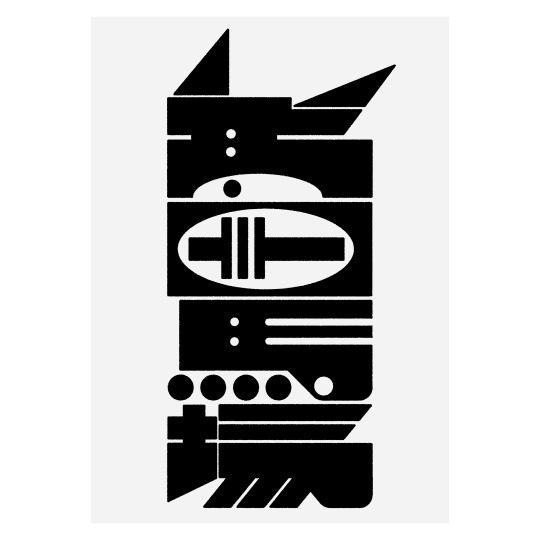
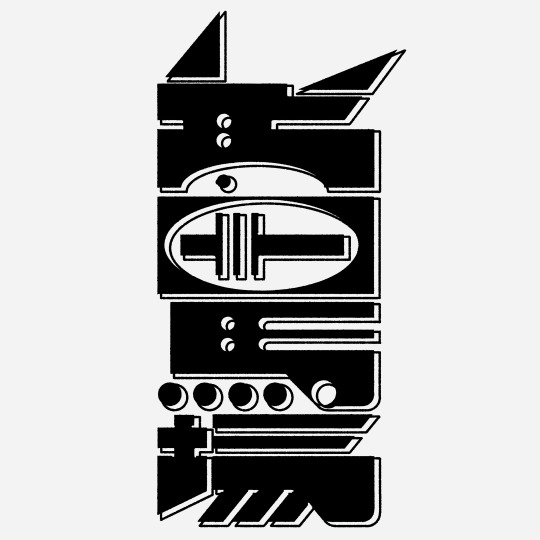



鉄腕アトムみたいな高田馬場
#graphicdesign#グラフィックデザイン#graphicdesigners#graphicdesigner#illustration#イラスト#typography#作字#poster#poster design#logodesign#logo design#logo
127 notes
·
View notes
Text

#loewe#graphic designer#graphic design#logo design#style#graphic art#graphic#graphic and logo design#fashion#logodesign#logomaker#graphicdesign#creativedesign#logotype#brand identity#creative logo#logo#creative inspiration#design#creative process
41 notes
·
View notes
Text
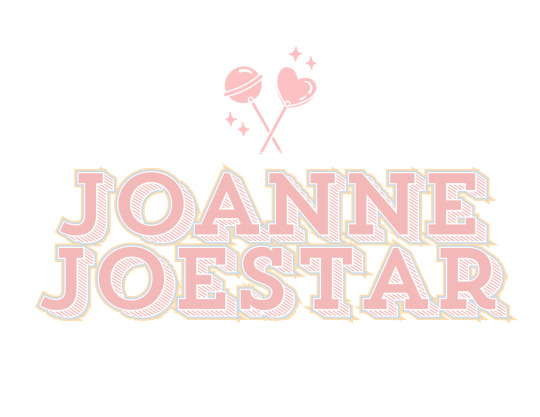

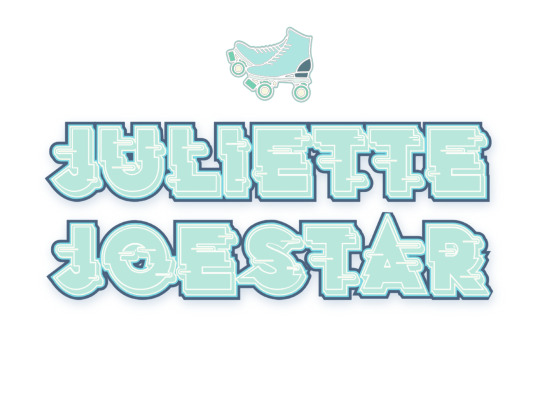
First 3 generations of (nellies continuity) Joestars!
#art#digital artist#digital art#digital illustration#my art#artwork#artists on tumblr#my artwrok#art inspiration#illustration#logo design#creative logo#logo#logotype#my logo#graphicdesigner#graphicdesign#logodesigns#graphic design#graphic art#web graphics#jjba original character#jjba fanart#jjba#jjba oc#jojo no kimyou na bouken#jojo fanart#jjba art#jojo#oc jjba
24 notes
·
View notes
Text
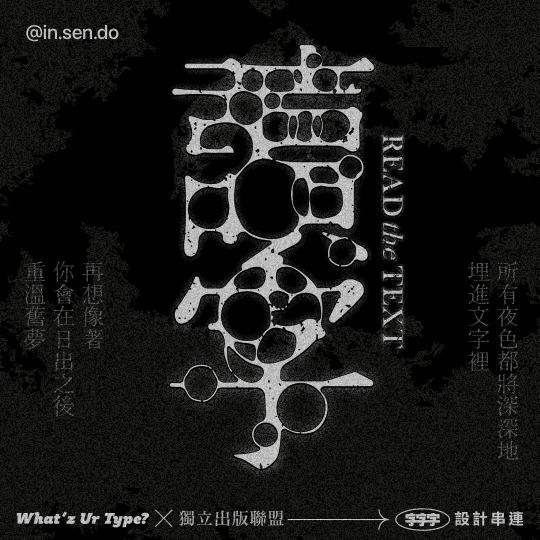

𝗥𝗲𝝰𝗱 𝗧𝗵𝗲 𝗧𝗲𝘅𝘁 十一月主題「讀字」 - (抽到34號) 「所有夜色都將深深地埋進文字裡, 再想像著,你會在日出之後,重溫舊夢。」 師及《從前的人》── 明銀 天河創思出版社 - 感覺像是沒入水中分解後, 再次浮出水面。 - #whatzurtype is a monthly type design event held by @justfont The topic for this Nov - 讀字(Read the text) was set by @indiepub.tw(獨立出版聯盟) There are 34 pieces of texts from different books for people to pick by draw as their design topics. The copy I got was no.34 - “The whole night view would be deeply buried in the texts. Then imagine that you will be reminiscent after the sunrise.” - It feels like sinking down and dissolving in the water, and then emerging back up. - - -
#字字字串連#typedesign#lettering#graphicdesign#chinesetype#graphicradar#typography#typographic#type#logo#logodesign#logotype#customtype#goodtype#graphik#eyeondesign#coolfont#文字設計#做字#作字#標準字#字体#漢字#디자인#타이포#인생도#타이포그래피#로고#로고디자인제작
68 notes
·
View notes
Text
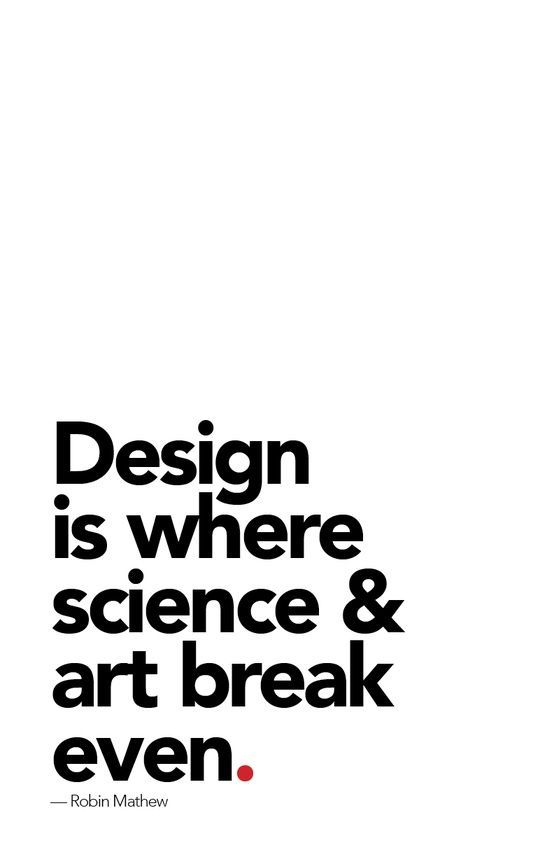
Design is the point where two seemingly opposite worlds meet
the structured precision of science and the boundless creativity of art.
Think about it
great design isn’t just about making things look good;
it’s about function as much as it’s about form.
It’s the science of understanding how people think, behave, and interact with the world. It's psychology, mathematics, and ergonomics shaping every line, color, and space.
At the same time, design is also an art.
It’s the creativity that brings a unique voice and personality to a project, transforming the ordinary into something that resonates on an emotional level.
When we create, we're not just drawing or choosing colors.
We're solving problems, anticipating needs, and crafting experiences.
Design is at its best when it serves a purpose when it’s more than
decoration and becomes a tool for communication, connection, and transformation.
So, here’s to the beautiful synergy of science and art in design.
It’s what makes our work meaningful, impactful, and endlessly inspiring. 🌌✨
Need a designer to level up your business
Inbox me now
in Fiverr :https://www.fiverr.com/s/GzXzwLe
#100 days of productivity#batman#19th century#35mm#911 abc#academia#aespa#ace attorney#adidas#adventure#100 likes#mob psycho 100#fairy tail 100 years quest#the 100#100 posts#gucci#mine#design#ui ux design#ui ux company#ui ux development services#ui ux agency#ui ux development company#creative logo#logodesigner#logo design#logotype#logo#graphicdesigner#billford
7 notes
·
View notes
Text

commission for @cuppacuppacoffee
#digital drawing#myart#artists on tumblr#commission#logomark#creative logo#logo design#logotype#graphicdesign#logodesigner
12 notes
·
View notes
Text
Arabic Calligraphy logo design




behance.net/mdabdulhamid110 Arabic calligraphy logo design
Graphic design & digital marketing service provider >>
#graphicdesign#digitalart#graphicdesignservices#logo#logodesign#Excellent#excellentservice#arabic#arabiccalligraphy#arabiccalligraphylogo#marketing#affiliatemarketing#onlinemarketing
5 notes
·
View notes
Text
Comissions OPEN!!!!
Open for: Anime | Background | Banners | Emotes | Poster Design | Logos | Characters (OC's and Fanarts) | NSFW
{PRICES}
Bust/Icon: $5
Upper Body: $10
Full Body: $15
Background: $10
Extra Characters: Number of extra x Bust/Upper/Full = Total
I MOSTLY DO MY TRANSITIONS THROUGH CASHAPP AND YOU CAN PAY EITHER: UP FRONT OR HALF-HALF



#art commisions#comission#taking commisions#digital commisions#commisions open#commission art#artwork#open commissions#artists on tumblr#selling#oc#my art#fanart#jjk fanart#business#logos#logo stickers#logodesign#graphicdesigner
7 notes
·
View notes
Text

#logo#design#graphicdesign#branding#logodesigner#art#logodesigns#graphicdesigner#designer#logodesign#logos#brand
2 notes
·
View notes
Text
Audio Podcast Editing
In the rapidly growing world of digital content, podcasts have emerged as a powerful medium for storytelling, education, and entertainment. While the content itself holds significant importance, the quality of audio can make or break a podcast. This is where audio podcast editing comes into play. Editing not only refines the sound quality but also enhances the overall listener experience. This article delves into the essentials of audio podcast editing, from basic techniques to advanced tips.
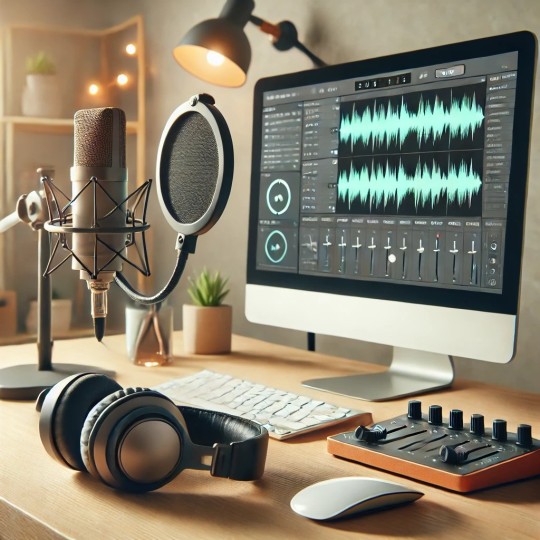
The Importance of Podcast Editing
Podcast editing is more than just cutting out mistakes or awkward pauses. Here is my profile about services of AUDIO PODCAST EDITING It's about creating a polished product that engages listeners. High-quality audio can establish credibility, maintain audience attention, and improve the accessibility of content. Poor audio quality, on the other hand, can be distracting and may cause listeners to abandon an episode prematurely.
Essential Tools for Podcast Editing
Before diving into the editing process, having the right tools is crucial. Here are some popular audio editing software options:
Audacity: A free, open-source software that's perfect for beginners. It offers basic editing features like cutting, trimming, and noise reduction.
Adobe Audition: A professional-grade software with advanced features for detailed editing, mixing, and mastering.
GarageBand: Ideal for Mac users, this intuitive tool is great for recording and basic editing.
Hindenburg Journalist: Designed specifically for podcasters, it offers automatic audio leveling and easy-to-use editing features.
Descript: A modern tool that allows you to edit audio as if you’re editing text, making it incredibly user-friendly.
Basic Editing Techniques
Trimming and Cutting: Remove unnecessary parts like long pauses, filler words (um, uh, like), and off-topic tangents to keep the content concise.
Noise Reduction: Eliminate background noise, hums, and hisses to ensure clarity.
Equalization (EQ): Adjust frequencies to balance the audio, making voices sound fuller and clearer.
Compression: Manage volume levels to ensure consistent sound throughout the episode.
Fading In and Out: Smooth transitions between segments with fade effects to avoid abrupt starts or stops.
Adding Music and Sound Effects: Incorporate intro/outro music and sound effects to enhance the listening experience.
Advanced Editing Techniques
For podcasters looking to elevate their production quality, consider these advanced techniques:
Multitrack Editing: Work with multiple audio tracks simultaneously to fine-tune interviews, discussions, or panel recordings.
De-essing: Reduce harsh "s" sounds that can be jarring to listeners.
Normalization: Adjust the overall volume to meet industry standards, ensuring consistency across episodes.
Dynamic Range Compression: Enhance the clarity of voices, especially in environments with varying loudness.
Audio Restoration: Fix distorted audio, remove clicks, pops, and other imperfections using specialized plugins.
The Editing Workflow
A structured workflow can make the editing process more efficient:
Import Audio: Bring your raw recordings into the editing software.
Organize Tracks: Label and arrange tracks for easy navigation.
Initial Cleanup: Remove obvious mistakes, silences, and background noises.
Detailed Editing: Focus on fine-tuning audio levels, applying EQ, and adding effects.
Review: Listen to the episode from start to finish to catch any missed errors.
Export: Save the final version in a suitable format (usually MP3 for podcasts) with appropriate settings for bitrate and file size.
Common Mistakes to Avoid
Over-editing: Removing too many natural pauses can make conversations sound robotic.
Ignoring Audio Levels: Inconsistent volume can frustrate listeners who constantly adjust their device's volume.
Skipping the Final Review: Always listen to the entire episode before publishing to catch unnoticed errors.
Using Excessive Effects: Overuse of reverb, echo, or background music can distract from the main content.
Tips for Efficient Podcast Editing
Use Keyboard Shortcuts: Learn shortcuts in your editing software to speed up the process.
Batch Process: Apply effects and adjustments to multiple files at once when possible.
Invest in Good Equipment: High-quality microphones and recording environments reduce the need for extensive editing.
Create a Template: Set up project templates with pre-configured tracks, effects, and settings to save time.
Stay Organized: Keep your files, audio clips, and project folders well-organized to avoid confusion.
Conclusion
Audio podcast editing is both an art and a science. It requires technical skills, a good ear, and attention to detail. Whether you're a beginner learning the basics or an experienced podcaster aiming for professional-quality sound, the key is continuous practice and experimentation. With the right tools, techniques, and a commitment to quality, you can create engaging, polished podcasts that captivate and grow your audience.
#podcast#podcasting#podcastersofinstagram#spotify#podcasts#podcaster#podcastlife#music#youtube#radio#hiphop#comedy#applepodcasts#love#podcastshow#fiverrgigs#upwork#graphicdesign#logo#freelancer#design#fiverrgig#art#graphicdesigner#logodesigner#fiverrfreelancer#fiverrbuyers#freelancing#fiverr
3 notes
·
View notes
Photo
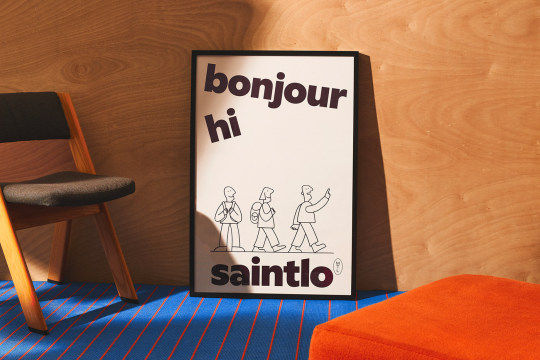
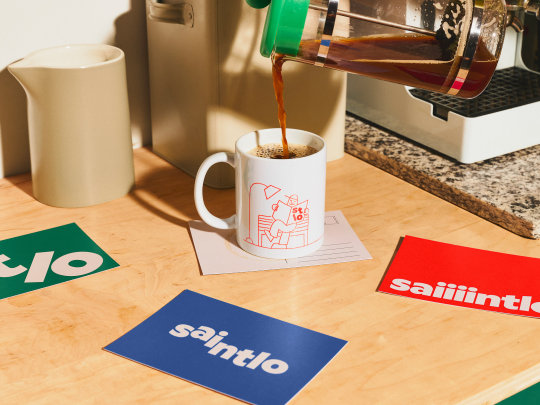


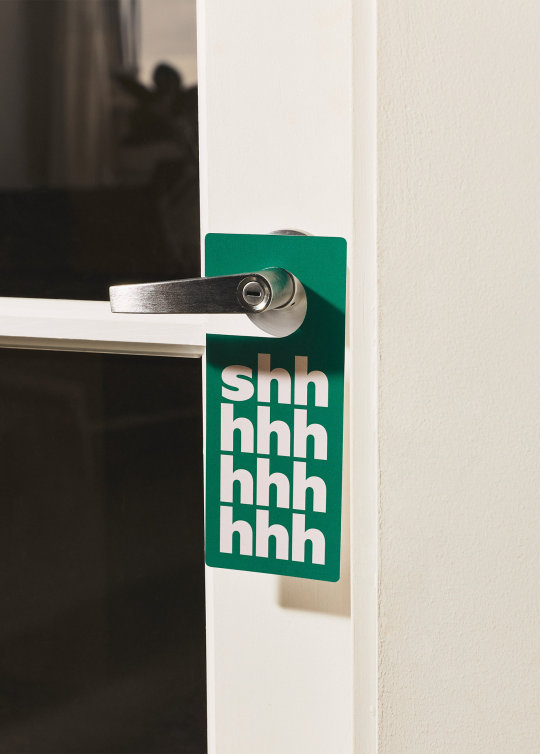

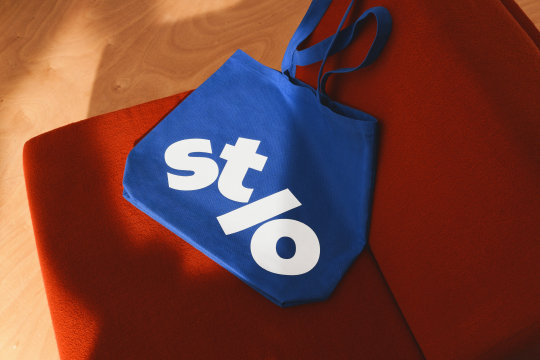
Brand Identity for Saintlo by Caserne
Saintlo is a hostel organization with two main destinations and five collectives located along the Saint-Laurent River in Canada. It is part of the international youth hostel movement, originally created to fulfill an educational and social mission under the principle that travel shapes youth.
Saintlo evokes the adventure and discovery of a territory, its communities, and cultures, as well as openness to the world and its welcoming nature. The visual identity highlights the unique character of each property, promotes local attractions, and asserts leadership in group lodging.
Illustrations: Mathieu Dionne Project Photography: Vincent Castonguay Motion: Studio Nord-Est
TDB: instagram • linkedin • facebook • newsletter • pinterest
#thedsgnblog#design#graphicdesign#identity#branding#logo#visualidentity#print#logodesign#caserne#illustration#colorful
112 notes
·
View notes
Text



田端 / Tabata
#graphicdesign#グラフィックデザイン#graphicdesigners#graphicdesigner#typography#作字#logodesign#logo design#logo
15 notes
·
View notes
Text

#cartier#fashion#style#logodesign#logo design#logo#graphic design#logotype#graphicdesigner#logodesigner#creative logo#graphicdesign#luxury aesthetic#luxury fashion#luxury lifestyle#luxury brands#paper art#paper#logo inspiration#logo maker
30 notes
·
View notes
Text
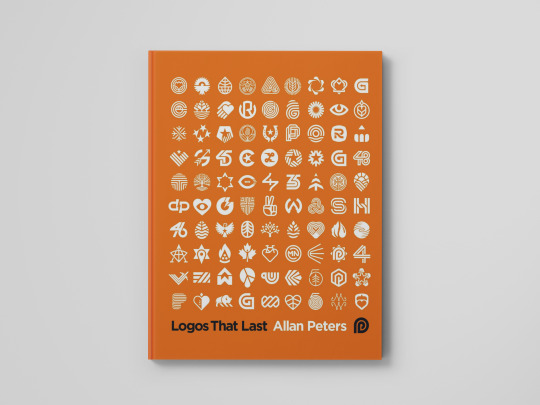
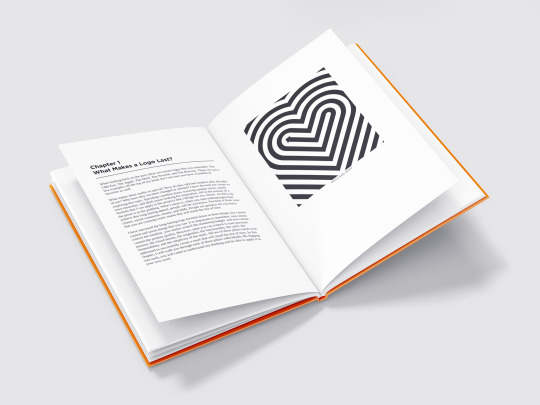
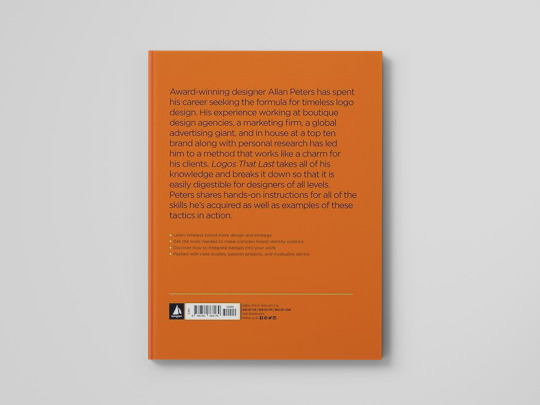
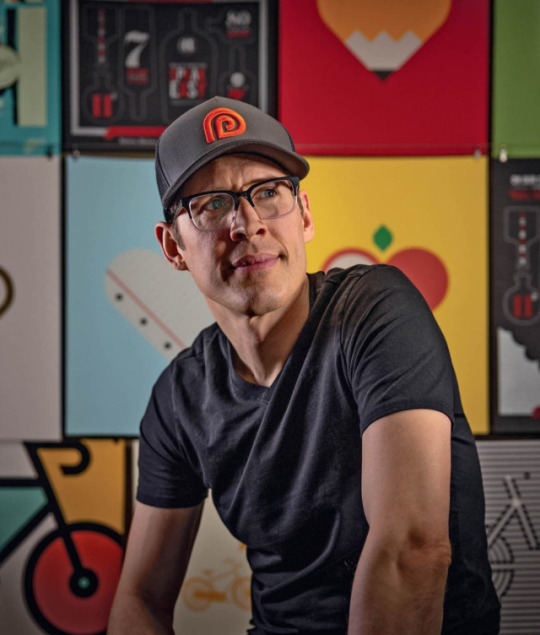
Author name: Allan Peters
Book title: Logos That Last: How to
Create Iconic Visual Branding
Pages: 208 pages
Year of Publication: 2023
Publisher: Rockport Publishers
About the Author:
Allan Peters is a notable designer and author, recognized for his work in graphic design, branding, and typography. He has a strong presence in the design community, particularly known for his contributions to visual identity and user experience design. Peters has worked with various high-profile brands and has a distinct style that often blends modern aesthetics with a touch of retro influence.
About the Book:
"Logos That Last: How to Create Iconic Visual Branding" by Allan Peters is a comprehensive guide focused on the principles and practices of effective logo design. The book aims to equip designers with the tools and insights necessary to create memorable and enduring brand identities.
Introduction
In the introduction, Allan Peters shares his journey as a designer and the motivations behind writing the book. He emphasizes that a successful design career relies on dedication, passion, and continuous learning, rather than just innate talent. Peters illustrates how each project enriches a designer's understanding of branding, highlighting the iterative nature of the design process.
He advocates for lifelong learning and engaging with diverse disciplines to enhance creativity and problem-solving. By merging personal experiences with industry insights, Peters inspires both novice and seasoned designers to embrace their craft. Ultimately, he asserts that dedication and a commitment to growth can lead to the creation of logos that resonate with audiences and stand the test of time, fostering iconic visual branding.
Chapter 1: What Makes a Logo Last?
This chapter explores the essential elements that contribute to the longevity of iconic logos. Peters identifies three factors beyond the designer's control—timeline, marketing budget, and product quality—and seven controllable elements: personal passion, visual beauty, originality, functionality, colour, memorability, and simplicity. He explains how these factors come together to create logos that stand the test of time.
Chapter 2: Brand Mark Process
Peters outlines his unique and meticulous six-week logo design process. He emphasizes the importance of client education and a clear methodology to ensure successful outcomes. This process includes thorough research, brainstorming, sketching, and refinement, culminating in a logo that is both effective and enduring.
Chapter 3: Inspiration Hunting
In this chapter, Peters advocates for sourcing inspiration beyond digital platforms. He encourages designers to explore antique stores, estate sales, and small-town museums to discover timeless and unique designs. This approach enriches a designer's work and helps avoid the homogenization often seen in the design community.
Chapter 4: Badge Design Process
Peters challenges the conventional dismissal of badge designs, arguing for their versatility and rich storytelling potential. He explains how to create modular brand systems that include badges, enhancing a brand's identity and making it more memorable.
Chapter 5: Brand Extensions
Peters discusses the importance of integrating brand elements across all design aspects. By incorporating the core elements of a brand mark into patterns, icons, custom typography, and illustrations, designers can maintain strong branding without needing overly prominent logos.
Chapter 6: Brand Evolution
Rather than starting from scratch, Peters highlights the strategic benefits of evolving existing logos to retain brand equity. He provides examples of how subtle refinements can enhance a logo's design while preserving its familiarity and recognition.
Chapter 7: The Shop
During the 2020 pandemic, Peters leveraged his passion for design by creating an online shop. He shares insights into merchandise design and the creative process behind his products, demonstrating adaptability and entrepreneurial spirit.
Chapter 8: Case Studies
Peters presents real-life projects to illustrate how his principles and processes can be applied to various clients' needs and budgets. Each case study showcases the creation of enduring brand identity systems, providing practical examples for readers.
Chapter 9: Passion Projects
Emphasizing the importance of passion in graphic design, Peters encourages designers to pursue passion projects to refine their skills and fuel their creativity. He shares personal anecdotes and underscores the value of doing work that truly inspires and motivates.
Conclusion
Allan Peters skillfully combines theoretical insights with practical advice in **"Logos That Last", providing a valuable guide for designers seeking to create impactful and enduring visual branding. He emphasizes the connection between design theory and practice, illustrating how a strong grasp of fundamental principles enhances the creative process.
Peters advocates for dedication and a systematic approach, essential for crafting logos that engage audiences and foster lasting connections. He also encourages reflective practice, urging designers to consider the cultural and historical contexts of their work. Ultimately, **"Logos That Last"** serves as both a practical resource and an inspiring guide, equipping designers to create logos that resonate through time and contribute meaningfully to the contemporary branding landscape.
@uob-funoon
#Design#Branding#GraphicDesign#Logos#DesignInspiration#LogoDesign#TimelessDesign#DesignBooks#art and design#uob#FA426#art#AllanPeters#LogosThatLast#uob_funoon
3 notes
·
View notes
Text


𓇚 𝝩𝘆𝗽𝗲𝗽𝗼𝘀𝘁𝗲𝗿 : 心存善念 盡力而為 Typeface Used - Rany / Custom Type - Bear kindness in your mind and do your best. - - -
#posterdeaign#typedesign#lettering#graphicdesign#chinesetype#graphicradar#typography#poster#typeposter#logo#logodesign#logotype#customtype#goodtype#graphik#海報#字體海報#文字設計#做字#作字#標準字#海報設計#字体#漢字#디자인#타이포#인생도#타이포그래피#포스터#로고디자인제작
10 notes
·
View notes
Text

BREWVIBE. Coffee Shop. Brand identity contest for @wethemakersjobs
#coffee#wethemakers#branding#brandidentity#contest#makers#graphicdesign#graphic#illustration#brandedcontent#logo#logodesigner
3 notes
·
View notes